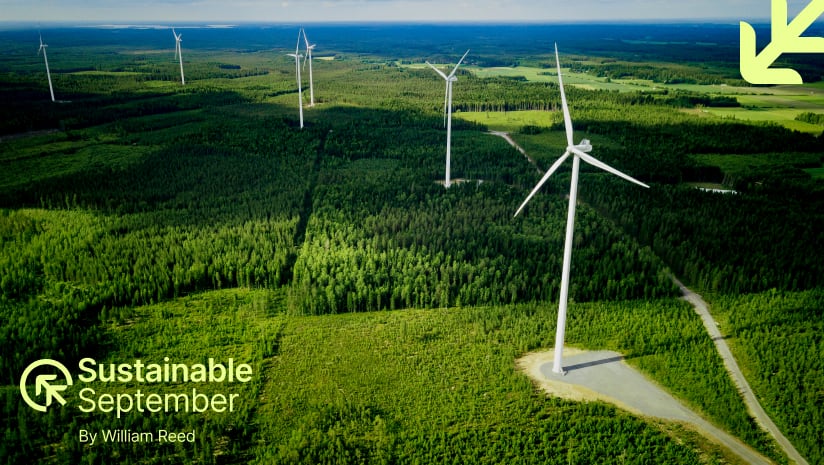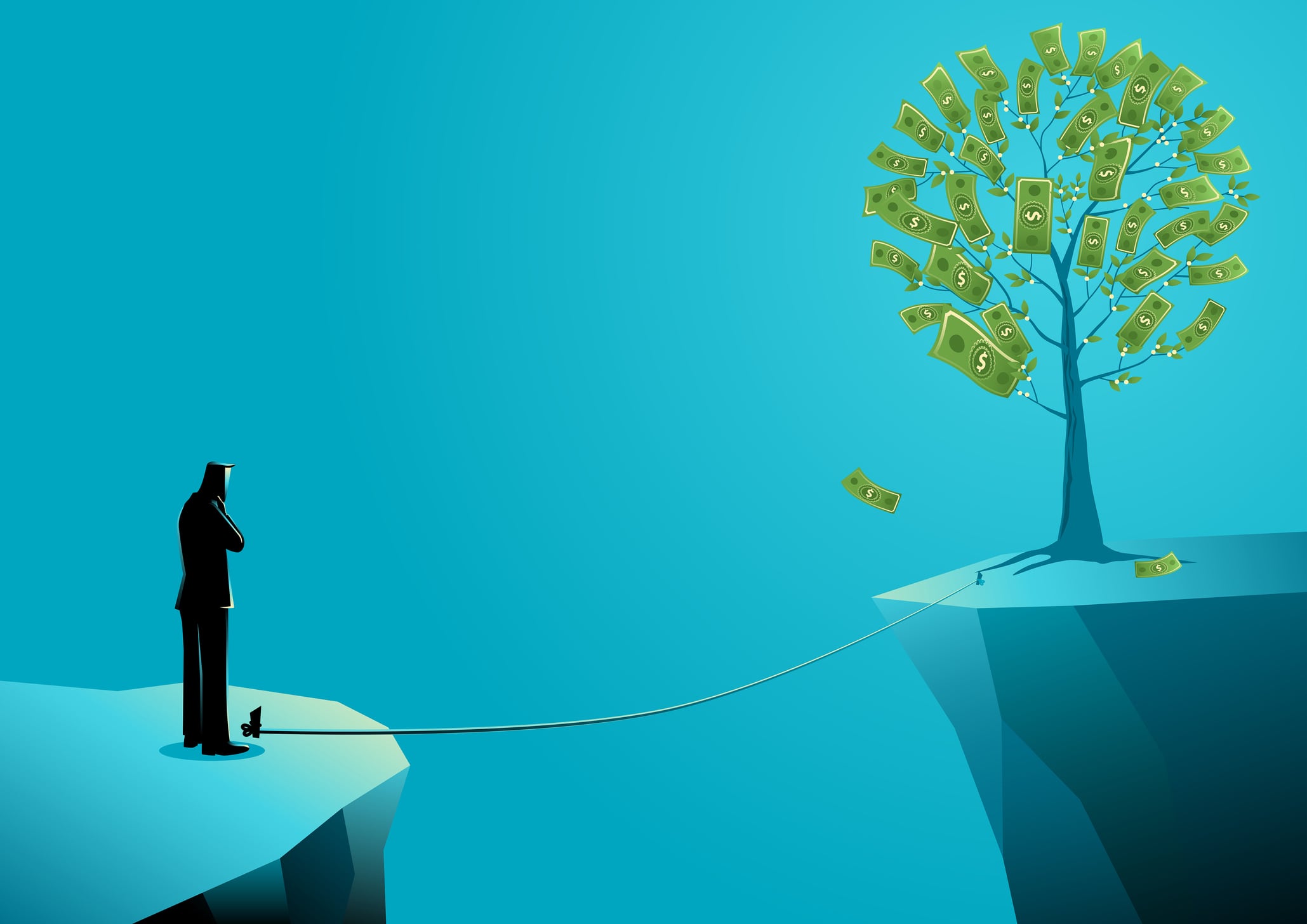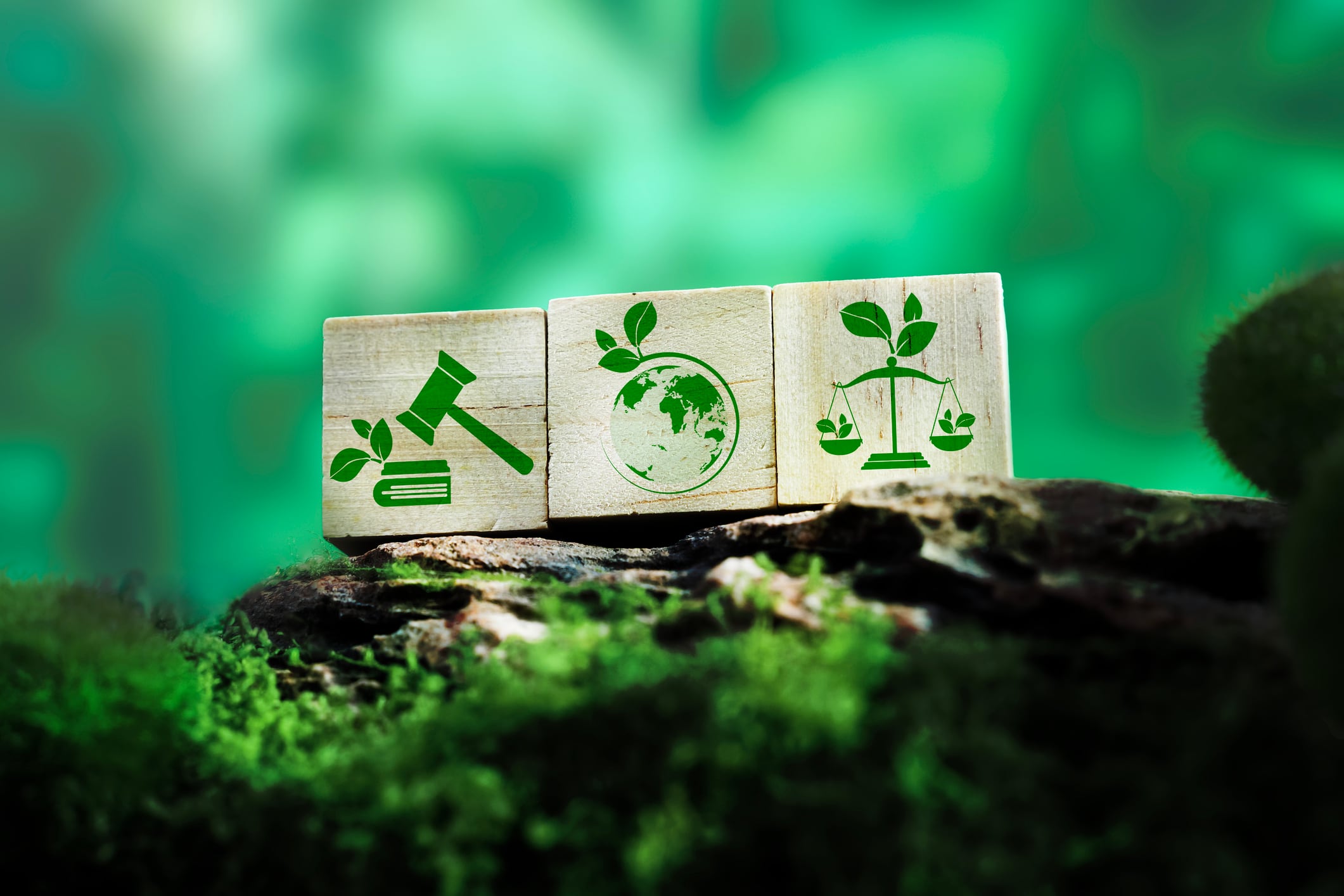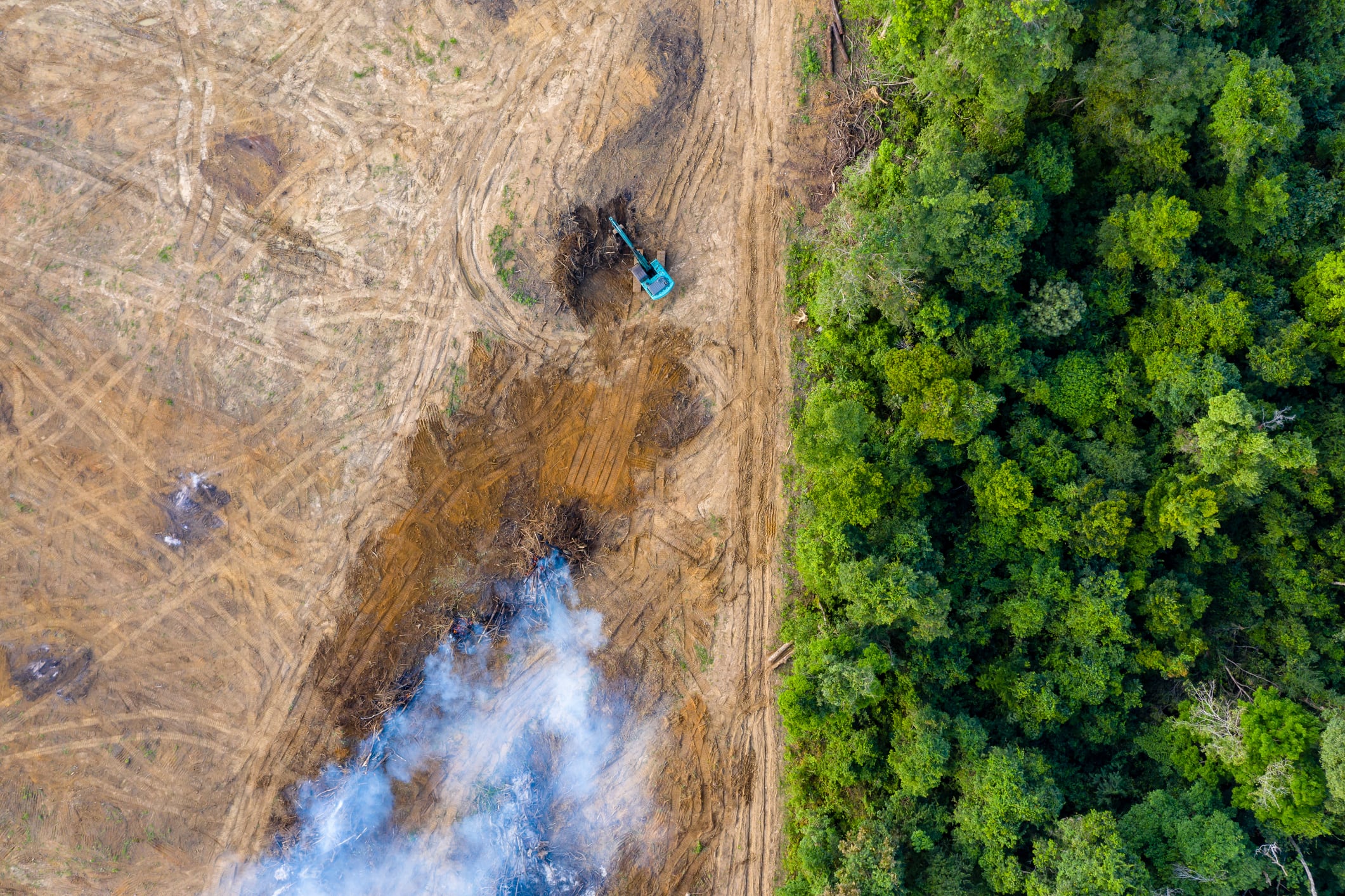All around the world, crops are in danger. Cocoa in Ghana and Côte d’Ivoire, coffee in Brazil and Vietnam, corn in the US and Ukraine, and maize across Africa are all under threat from the weather; from a combination of drought, heat, storms and unpredictability.
In many instances, this has affected the bottom line by pushing costs up. Companies such as Nestlé have begun to experience sales declines, as price increases will not be indefinitely tolerated by consumers.
Meanwhile, many supply chains are bracing themselves for the potential impacts of climate catastrophe. Even large companies, which once believed they were immune from the volatility caused by disruptive weather events, are fearing that they may, in fact, be vulnerable.
Sustainability in decline?
While sustainability has not vanished entirely, it is clear that interest in green policies, green corporate goals and green lifestyles is ebbing. Scepticism is the name of the game.
This is, perhaps, understandable. For companies, fears that sustainability goals are harming competitiveness are becoming more common, and when sustainability efforts have short-term impacts on profitability, there’s a clear first-mover disadvantage.
For policymakers, pressure from key interest groups, such as farmers, and backlash against burdensome green regulations, is making sustainability-focused policies harder to argue for.
For consumers, sustainability is often seen as one further pressure on wallets during a time of rising prices and economic uncertainty, an issue that often seems abstract and remote compared to the more immediate, material concerns of putting food on the table.
But in the long run, these problems will be made worse, rather than better, by casting sustainability to the winds and embracing environmentally harmful practices with open arms.
A vicious cycle
Unsustainable practices can end up being a vicious cycle in some cases.
Deforestation is a good example. Climatic pressures from rising heat and drought may, some believe, drive producers into more temperate climates. This has the potential to lead to more deforestation, in order to free up land for further production.
Deforestation is itself a leading cause of climate change, destroying carbon sinks (forests) and releasing stored carbon dioxide into the air.
This will, in turn, exacerbate climate change, further pushing up temperatures and potentially driving commodity production to new areas. And so the cycle continues.
Things can only get worse
Unsustainable production will only make problems worse, for consumers and industry alike.
Sustainability targets may harm competitiveness in the short-term, but all companies will be made vulnerable by the increased frequency of destructive weather events. The locations around the world that are viable for production will shrink as more and more of it is made hazardous to work in by climate-related problems.
For farmers, climate change can harm soil health, lowering yields and impacting production negatively.
For consumers themselves, prices will only be made higher by the impact of unsustainable practices, with weather patterns in growing regions directly impacting the wallets of shoppers halfway around the world. This will only get worse if nothing is done to combat climate change.
“Sustainable” may sometimes feel like an overused buzzword, but it is also one with deep meaning. It means practices that do not rely on finite resources, that do not use up the land’s capacity for production and that do not lead to conditions which harm its ability to continue.
To take a long-term view, “sustainable” also means fewer disruptions for business, fewer unexpected weather events or commodity crises for supply chains and fewer uncertainties for investors.
The need for collaboration
The argument against this would, no doubt, lie in the risk that competition brings to any business.
The way that business works, the argument might go, means that unilateral action is always a risk. If sustainability efforts make businesses less competitive in the short-term, they’ll be outcompeted by less scrupulous rivals long before their sustainability commitments pay off.
Meanwhile, climate change doesn’t pick and choose. All businesses are affected by the weather, no matter how committed to sustainability they may be. Thus, it’s tempting to throw caution to the wind and embrace short-term gains.
Yet if the food and beverage industry as a whole takes this attitude, then the food and beverage industry as a whole will be harmed in the long-term by the climatic disasters this will bring about.
It’s only with collaboration, not instead of but alongside competition, that sustainability can truly thrive.

We want to hear what you think! Take our short, anonymous sustainability survey - and we'll make a donation to Farm Africa
Is the food and drink industry doing enough when it comes to sustainability? Where are the causes for celebration - and what are the challenges and concerns?
We want to know what you think! This short, anonymous poll will take just a cou ple of minutes to complete: yet your thoughts will help us take a global pulse check of what matters most as we look to shape a more sustainable future for the F&B industry.
And for every survey completed, we'll make a donation to Farm Africa: a charity that reduces poverty in eastern Africa by helping farmers grow more, sell more and protect the environment for years to come (up to a maximum amount).





